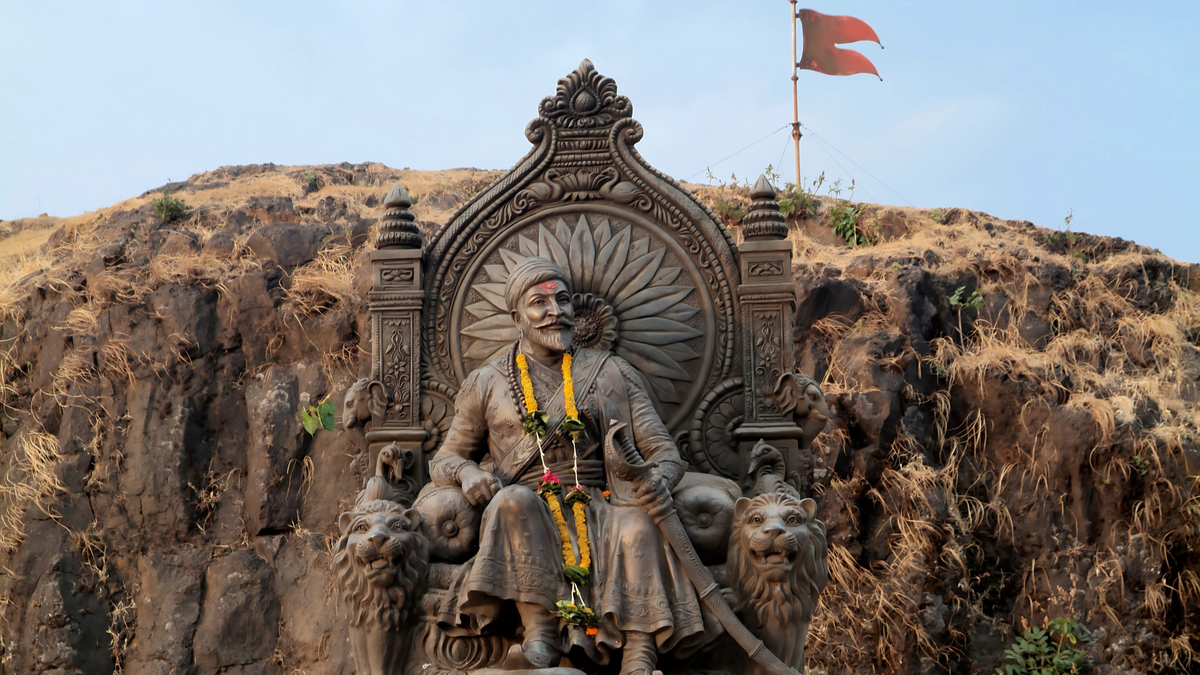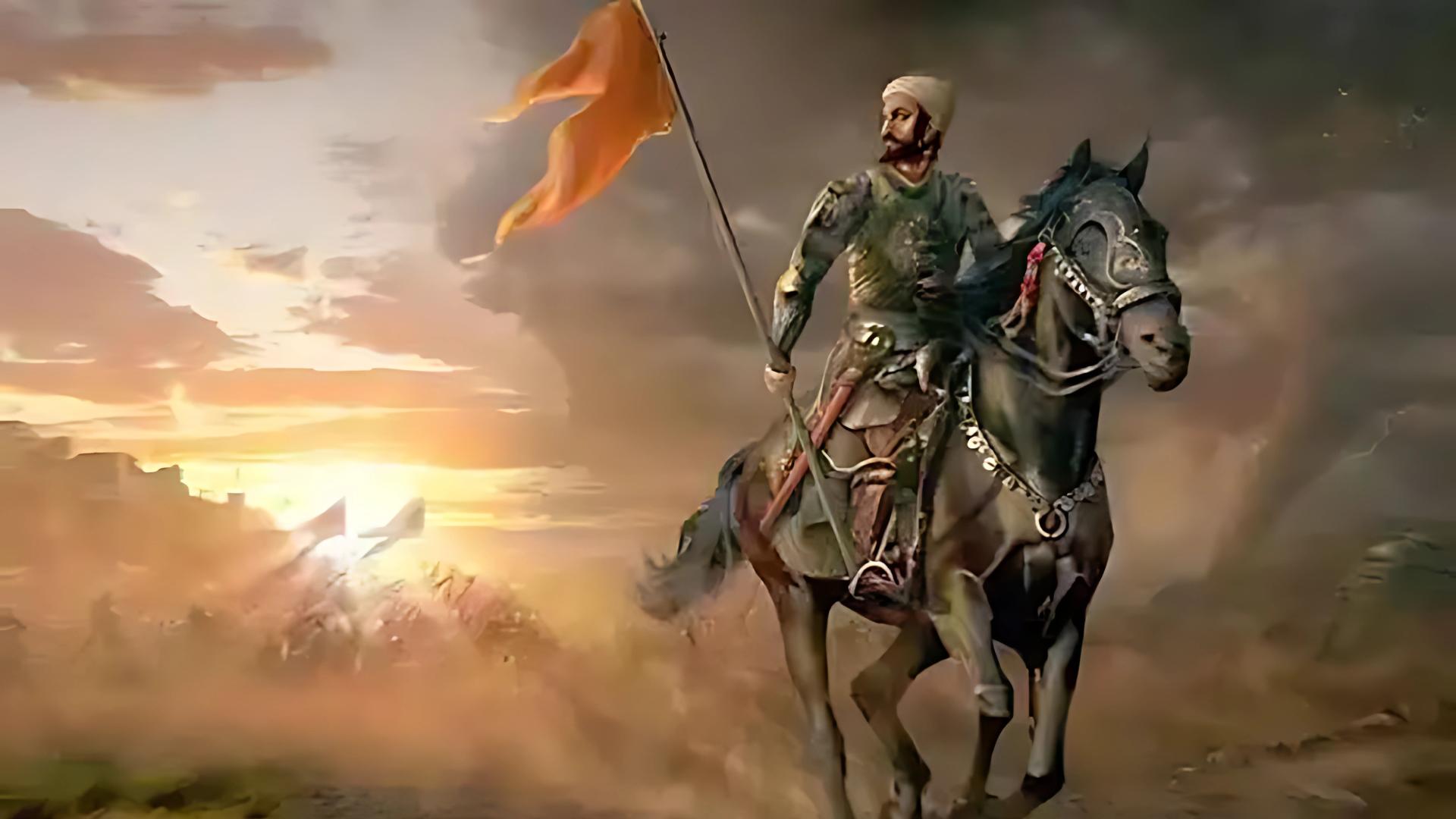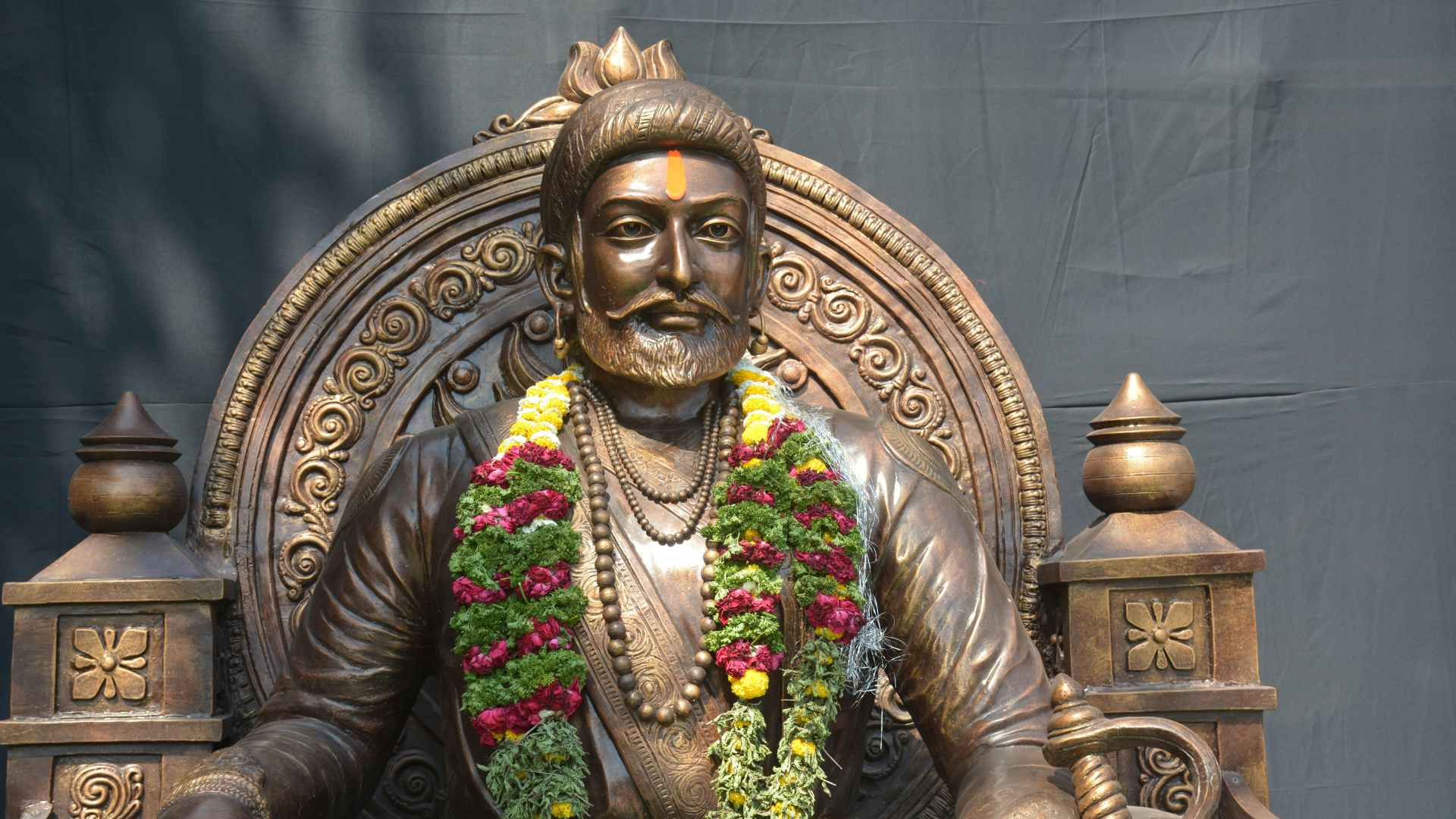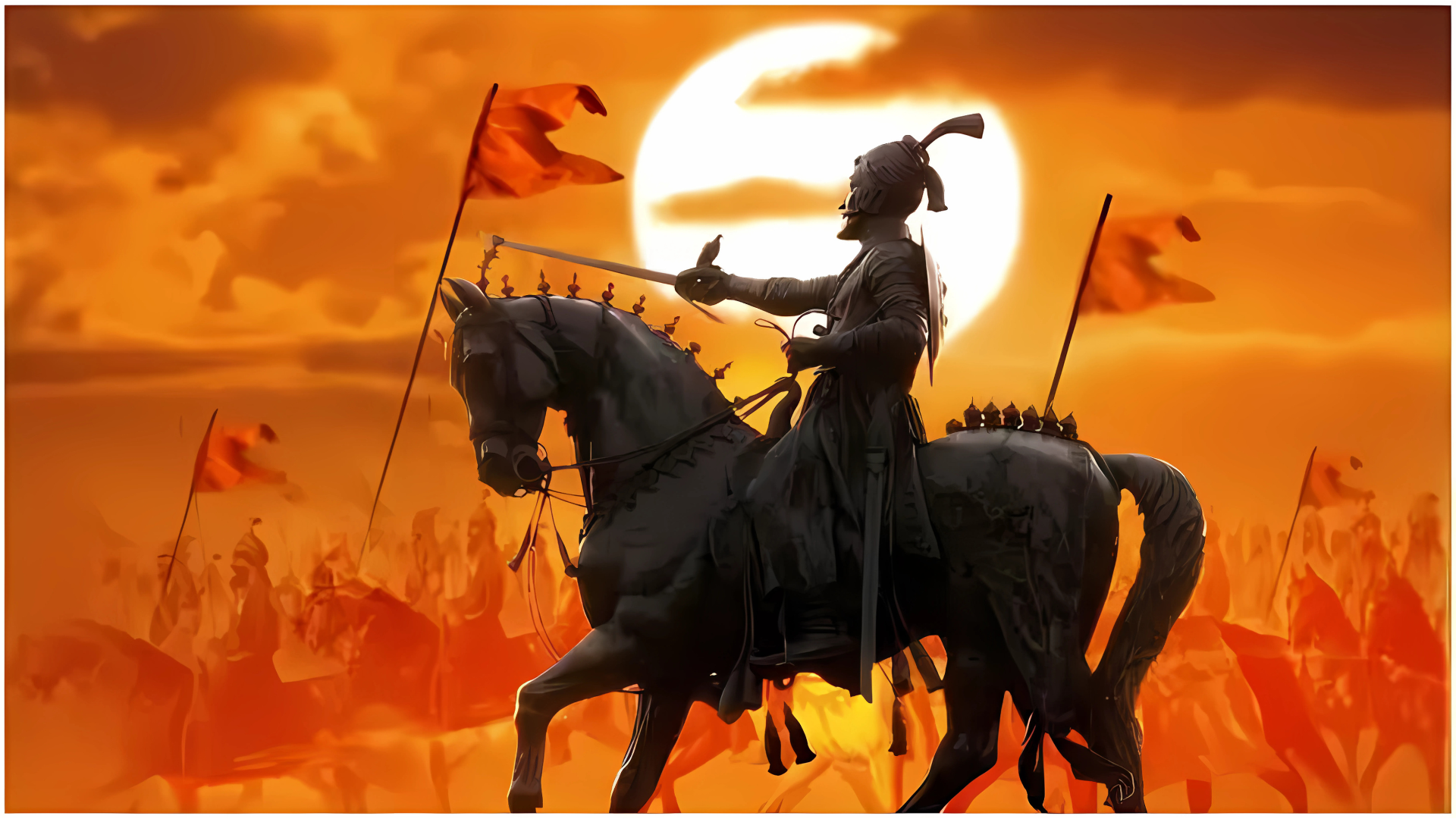Chhatrapati Shivaji Maharaj: the architect of the Maratha Empire and his enduring legacy

Today marks the birth anniversary of the founder of the Maratha Empire, Chhatrapati Shivaji Maharaj, who stands as one of India's most revered and visionary leaders. Born in 1630 in the hill fort of Shivneri, Maharashtra, Shivaji Maharaj rose to prominence during a tumultuous period of Indian history, marked by the dominance of the Mughal Empire and the fragmentation of regional powers. Through his exceptional military acumen, administrative brilliance, and unwavering commitment to Swarajya (self-rule), Shivaji Maharaj not only established a formidable empire but also laid the foundation for a legacy of courage, justice, and leadership that continues to inspire generations.
The Establishment of the Maratha Empire
Shivaji Maharaj's journey to establishing the Maratha Empire was fraught with challenges. At a young age, he recognized the need to liberate his people from the oppressive rule of the Adil Shahi Sultanate of Bijapur and the Mughal Empire. With a deep sense of purpose and a vision for self-governance, he began consolidating his power by capturing key forts and territories. His first major achievement came at the age of 16 when he seized the Torna Fort, marking the beginning of his campaign for Swarajya.

Shivaji Maharaj's military strategies were revolutionary for his time. He pioneered the use of guerrilla warfare, leveraging the rugged terrain of the Western Ghats to outmaneuver larger and more powerful armies. His naval prowess was equally remarkable; he established a strong maritime force to protect the Konkan coast and challenge foreign powers like the Portuguese and Siddis. By 1674, Shivaji Maharaj had formally crowned himself Chhatrapati (emperor) at Raigad Fort, symbolizing the establishment of an independent Maratha kingdom.
Fighting for the Legacy of the Maratha Empire
Shivaji Maharaj's reign was not just about territorial expansion; it was about creating a just and inclusive state. He implemented progressive administrative reforms, including a decentralized governance system, a fair revenue collection model, and a strong emphasis on the welfare of his subjects. He respected all religions and cultures, ensuring that his administration was inclusive and equitable. His Ashta Pradhan council of eight ministers reflected his commitment to efficient and transparent governance.

Despite facing constant threats from the Mughals, particularly under the reign of Aurangzeb, Shivaji Maharaj never wavered in his resolve. His daring escape from Agra in 1666, where he was held captive by Aurangzeb, is a testament to his indomitable spirit and strategic brilliance. Even after his death in 1680, his legacy endured through the efforts of his successors, who expanded the Maratha Empire and upheld his vision of Swarajya.
Lessons from Shivaji Maharaj's Valor and Leadership
Shivaji Maharaj's life offers timeless lessons in leadership, courage, and governance. His unwavering commitment to justice and self-rule serves as a reminder of the importance of standing up for one's principles, even in the face of overwhelming odds. His innovative military strategies highlight the value of adaptability and resourcefulness in overcoming challenges.

As a leader, Shivaji Maharaj exemplified empathy and inclusivity. He treated his subjects with respect and fairness, regardless of their caste or religion, setting an example for inclusive governance. His emphasis on meritocracy and decentralization in administration underscores the importance of empowering individuals and fostering collective responsibility.
Moreover, Shivaji Maharaj's legacy teaches us the significance of cultural pride and identity. He championed the Marathi language and promoted local traditions, instilling a sense of unity and pride among his people. In today's globalized world, his example reminds us to preserve and celebrate our cultural heritage while embracing progress.
Key Message
Chhatrapati Shivaji Maharaj's life and achievements are a testament to the power of vision, courage, and leadership. By establishing the Maratha Empire and fighting for its legacy, he not only secured the freedom and dignity of his people but also left behind a blueprint for just and effective governance. His valor and principles continue to inspire millions, serving as a beacon of hope and resilience in the face of adversity. As we reflect on his legacy, we are reminded of the enduring importance of standing up for justice, embracing inclusivity, and leading with integrity—values that remain as relevant today as they were in his time.


